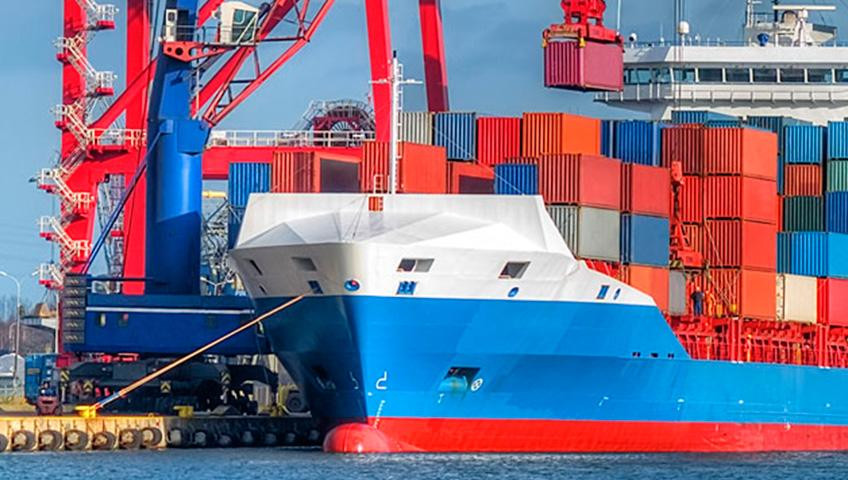In the ever-evolving world of global trade, the role of international freight forwarders is indispensable. These logistics experts act as intermediaries between shippers and various transportation services, ensuring that goods move seamlessly across borders. From coordinating shipments to managing customs clearance, international freight forwarders are the unsung heroes who keep the wheels of global commerce turning. This article delves into the critical functions of freight forwarders and their importance in today's interconnected marketplace.
What Are International Freight Forwarders?
International freight forwarders are companies or individuals that specialize in organizing the transportation of goods from one country to another. They leverage their extensive knowledge of logistics, customs regulations, and international trade laws to streamline the shipping process, making it as efficient and cost-effective as possible.
Key Responsibilities of International Freight Forwarders
Logistics Coordination
Route Planning: Freight forwarders determine the most efficient and cost-effective routes for transporting goods, considering factors like distance, shipping modes, and potential risks.
Carrier Selection: They select the appropriate carriers—air, sea, rail, or road—to ensure timely delivery while balancing costs and reliability.
Documentation and Compliance
Customs Clearance: Navigating customs regulations can be daunting. Freight forwarders handle all necessary paperwork, including customs declarations, ensuring compliance with international trade laws.
Documentation: They manage critical shipping documents such as bills of lading, commercial invoices, and certificates of origin, which are essential for legal and logistical purposes.
Cargo Insurance
Risk Management: Freight forwarders often provide cargo insurance services to protect shipments against potential loss or damage during transit, offering peace of mind to shippers.
Warehousing and Distribution
Storage Solutions: Many freight forwarders offer warehousing services, providing temporary storage solutions for goods before they reach their final destination.
Inventory Management: They can also manage inventory, ensuring that goods are stored and distributed efficiently.
Freight Consolidation
Cost Efficiency: By consolidating smaller shipments into a single larger shipment, freight forwarders can reduce transportation costs and improve efficiency for shippers.
Benefits of Using International Freight Forwarders
Expertise and Knowledge
Freight forwarders possess in-depth knowledge of international shipping regulations, which can be complex and vary by country. Their expertise ensures that shipments comply with all legal requirements.
Time and Cost Savings
By managing the logistics and administrative aspects of shipping, freight forwarders save businesses valuable time and resources, allowing them to focus on core operations.
Global Network
Established freight forwarders have a vast network of contacts and partners worldwide, facilitating smoother and faster shipping processes.
Problem Resolution
In the event of delays, customs issues, or other complications, freight forwarders are equipped to handle and resolve problems swiftly, minimizing disruptions to the supply chain.
Choosing the Right Freight Forwarder
When selecting an international freight forwarder, consider the following factors:
Experience and Reputation: Look for forwarders with a proven track record and positive customer reviews.
Range of Services: Ensure the forwarder offers the specific services your business needs, such as customs brokerage or warehousing.
Global Reach: A forwarder with a strong global presence can better manage international shipments.
Cost Structure: Understand the forwarder's pricing model and ensure it aligns with your budget.
Conclusion
In the complex realm of international trade, freight forwarders play a crucial role in ensuring that goods move efficiently and legally across borders. Their expertise in logistics, documentation, and compliance helps businesses navigate the intricacies of global shipping, saving time and reducing costs. As global trade continues to expand, the importance of skilled international freight forwarders will only grow, solidifying their status as the backbone of global commerce.
For More Info:-
International Freight Forwarders





Comments